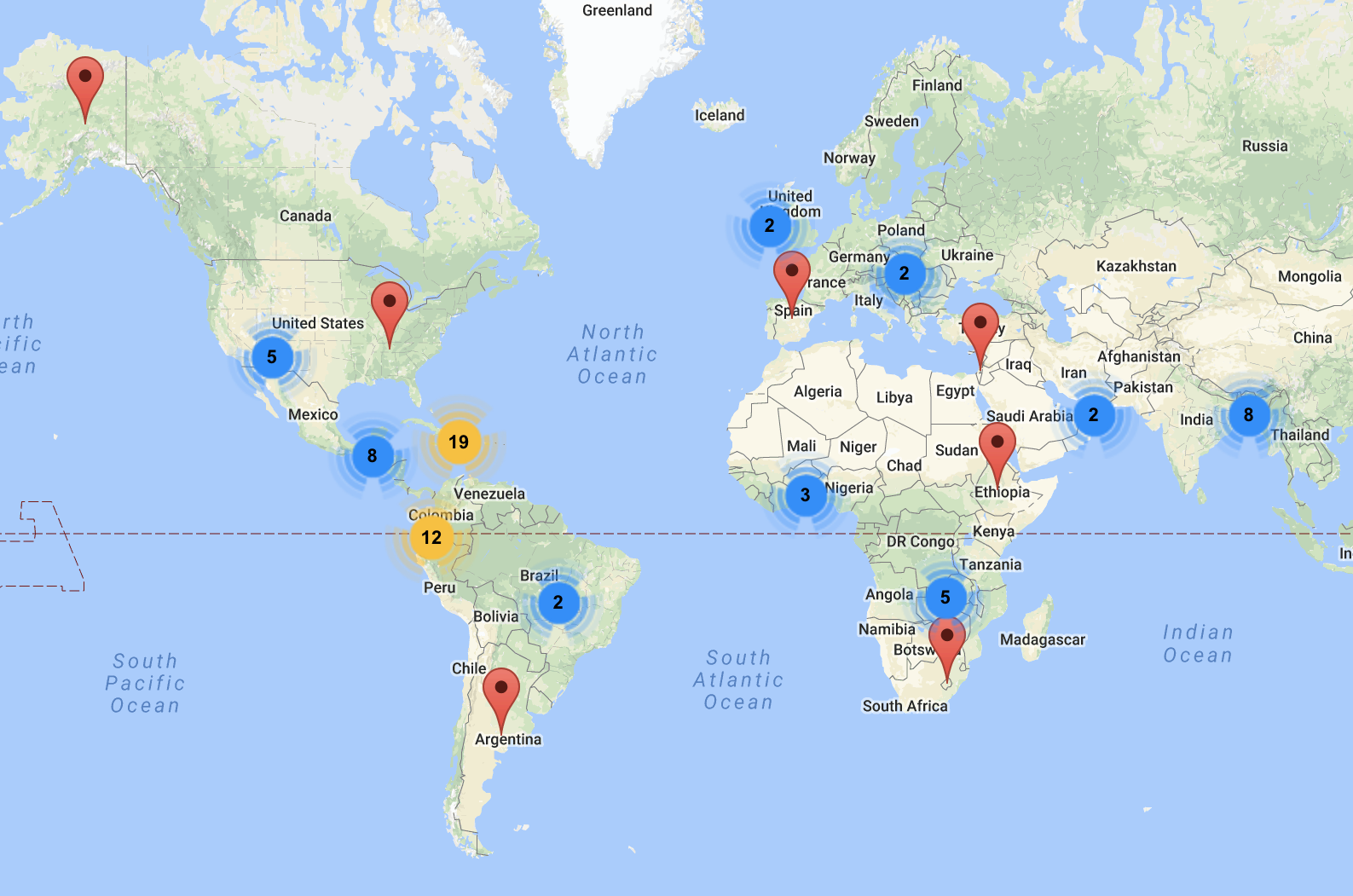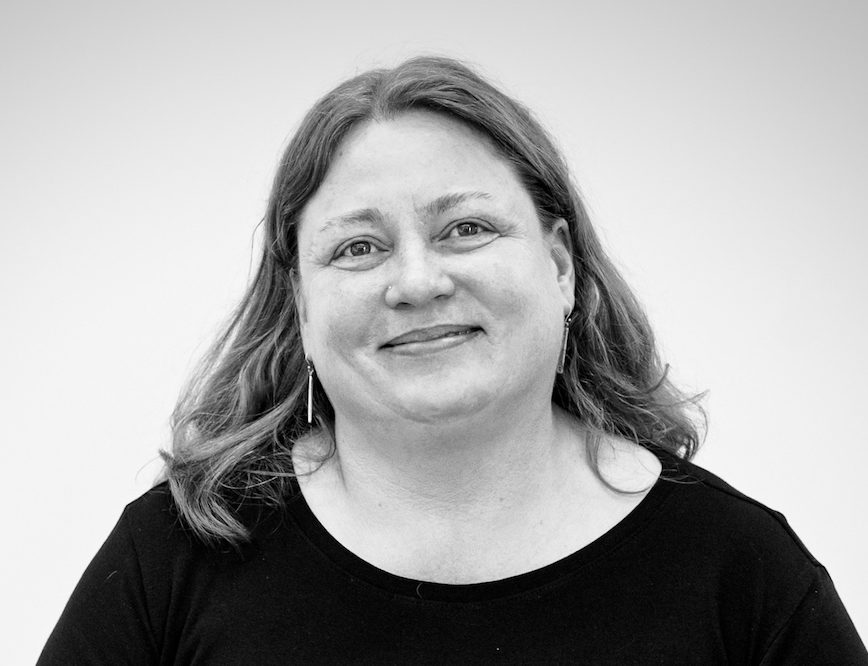Featured, Roddenberry Fellowship
Project Name: Building Communication Between Short-Term Medical Missions
Location: Detroit, USA
PROBLEM:
A chronic lack of access to primary care in developing nations had led to the upsurge in STMMs – Short Term Medical Missions. These temporary clinics are set up for a few days to a week at a time to provide critical care in under-resourced areas. But there is no organization that oversees these clinics, and they often don’t communicate with each other or with local institutions, resulting in disjointed, duplicative, and flawed health care delivery efforts.
Solution: Team fEMR has developed a free and open-source electronic medical records system that is designed for settings that utilize STMMs. The system, fEMR, has data on close to 10,000 patients, and is maintained by a dedicated group of volunteers from around the country. Team fEMR will build one central record of all participating institutions, as well specific information about the patient populations that they treat, to streamline and make accessible information that has hitherto been inaccessible. In doing so, they can change the current paradigm of volunteer medical care delivery from disjointed, unsustainable efforts to a formalized network of referrals.
What makes this approach different? Historically, short-term medical missions have not been considered a formal mode of health care delivery, and creating centralized databases wasn’t considered necessary. However, because STMMs have been growing as a primary mode of healthcare in many rural and emergency stricken areas, there is a far greater need to create new structures that allows for the aggregation, sharing, and distribution of data between different service providers that mirrors more traditional, long-standing institutions.




